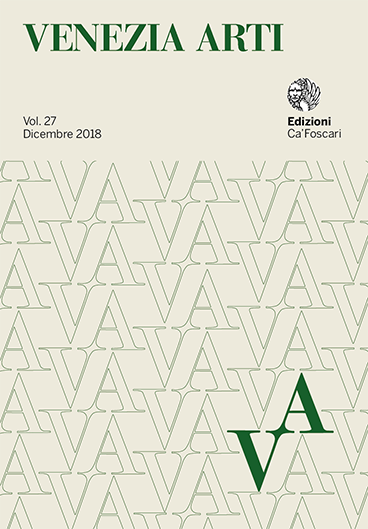
- search 480 views
- file_download 71 download
- keyboard_capslock metadata
-
mark_email_readIscriviti alla newsletter
Armenian Art and Culture from the Pages of the Historia Imperii Mediterranei
abstract
The article studies the editorial series called “Historia Imperii Mediterranei” (HIM) that was directed by Lauro Mainardi, an official of the National Fascist Party, in cooperation with the Armenian Committee of Italy. Between 1939 and 1941, the HIM published a series of booklets entitled Armenia that contained not only articles on Armenia but also “essays on Oriental culture”. According to Mainardi, the HIM had a wide cultural interest in art and architecture but also in literature, poetry, philosophy, and politics. The series published two significant essays: the article by Josef Strzygowski, where he innovatively affirmed the role of the East in Christian art and where he employed “Aryan” racial theory; and Giuseppe Frasson’s article, which shows that Strzygowski was recognised as an innovator but, at the same time, that Byzantine studies in Italy were confined to the nationalistic purpose of affirming ‘Italian’ elements in Roman art. In conclusion, the HIM illustrates the political and cultural strategy of the Fascist party with respect to the Caucasian question in addition to its support of the strategy of the Armenian Committee of Italy for protecting Armenians in Italy before the Second World War.
Keywords: Josef Strzygowski • Armenian culture • Historia Imperii Mediterranei (HIM) • Armenian architecture • Armenian art • Italian Fascist culture • Giuseppe Frasson • Lauro Mainardi • Italian artistic historiography



